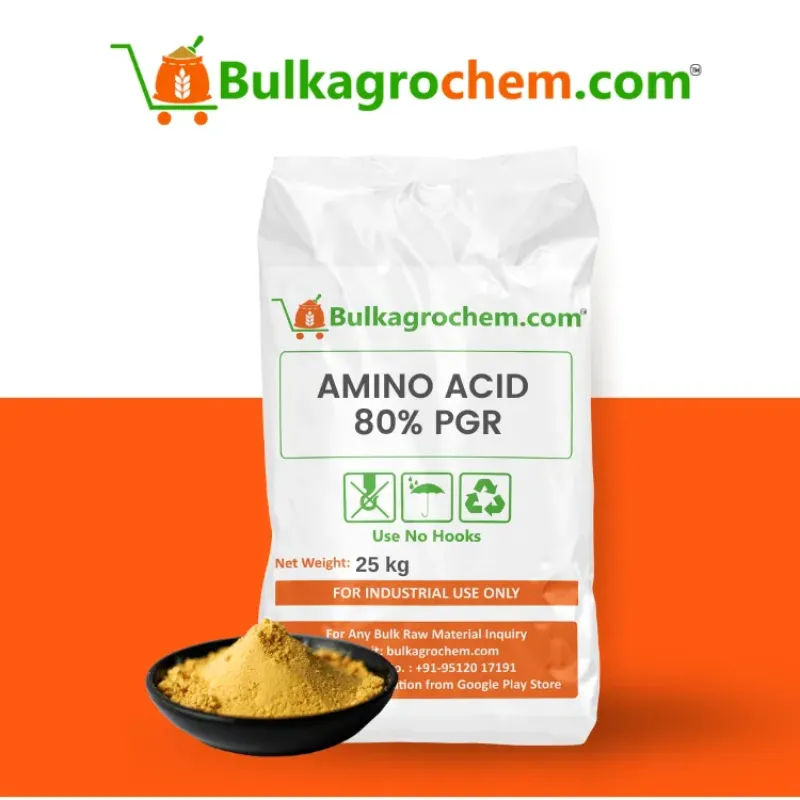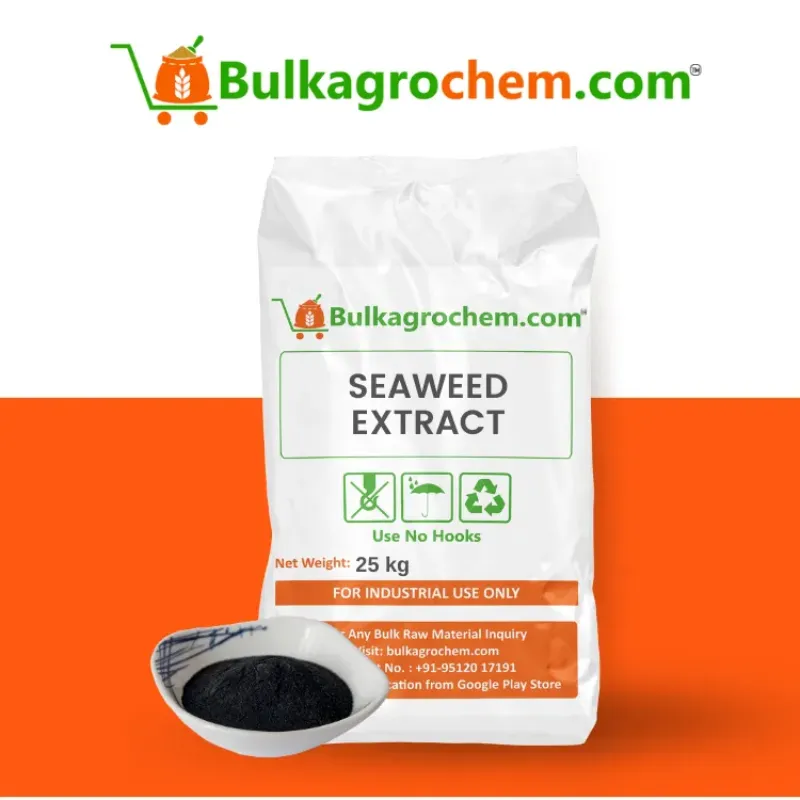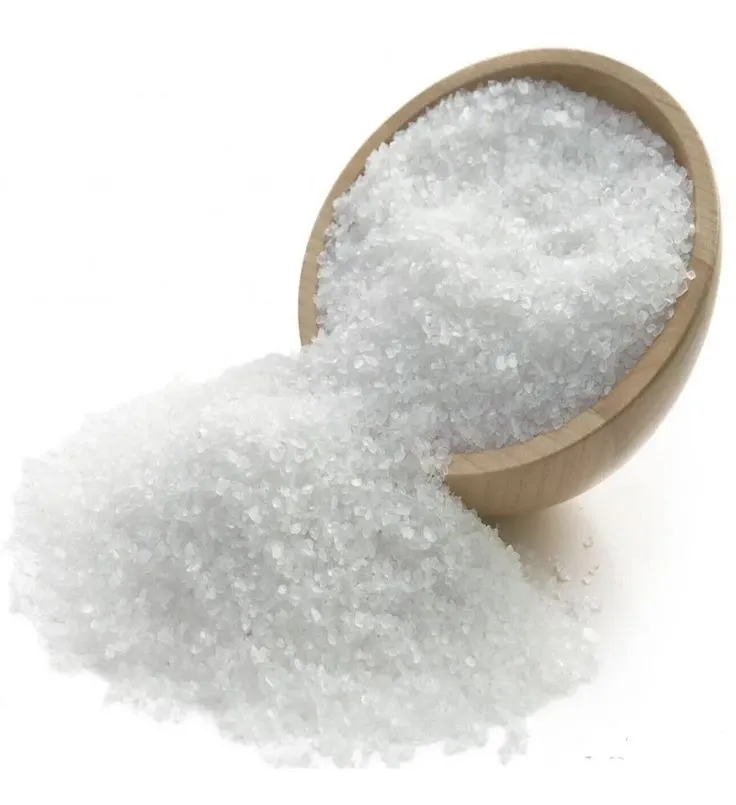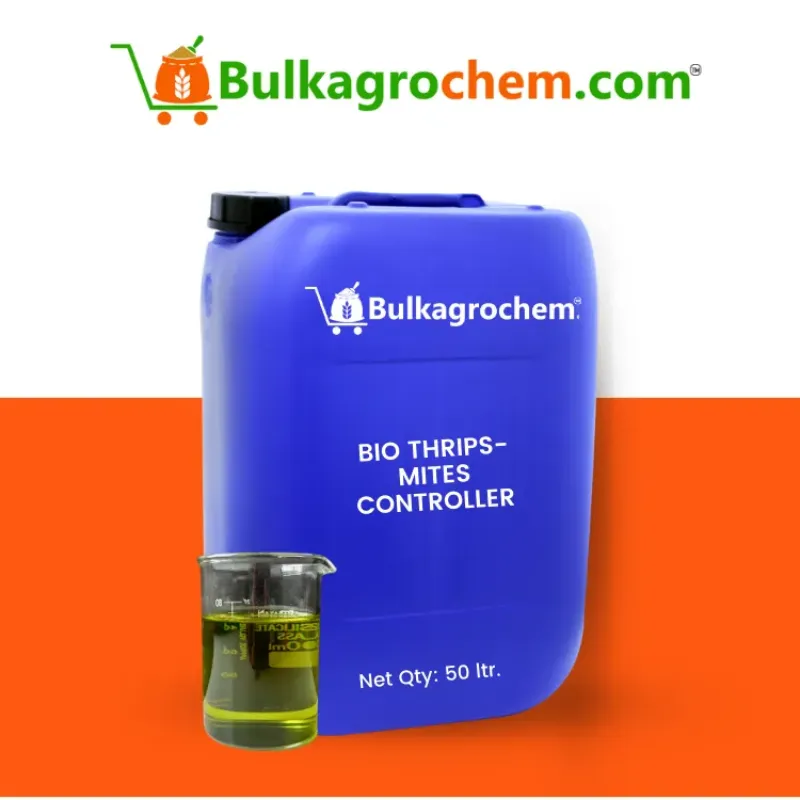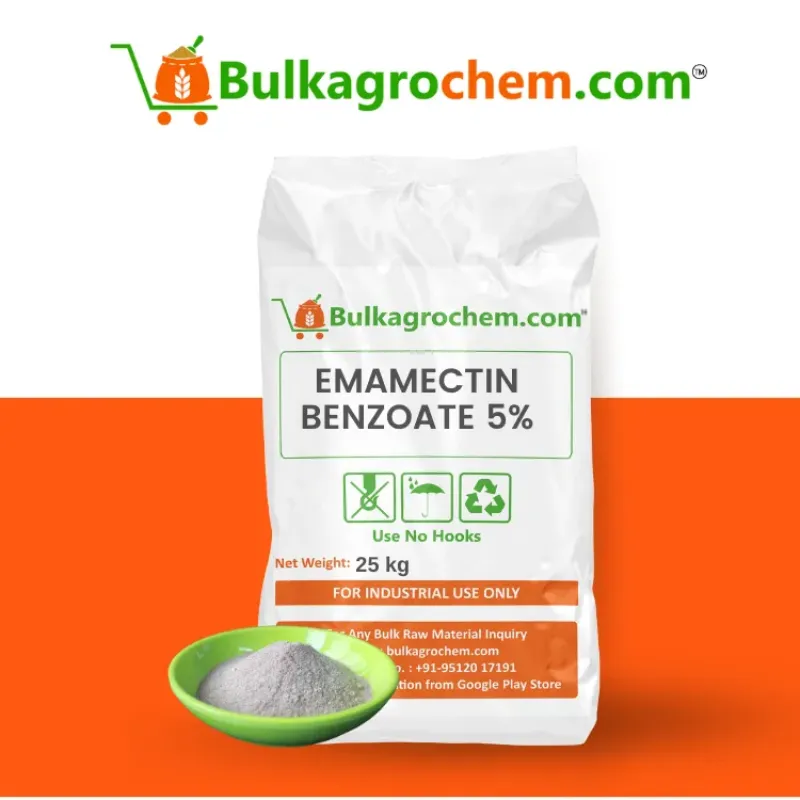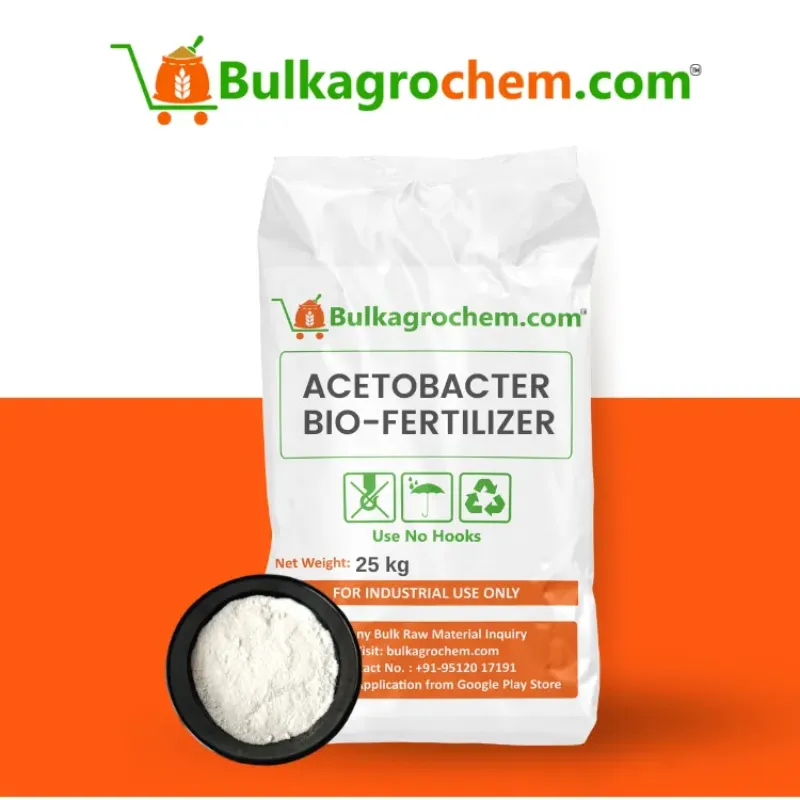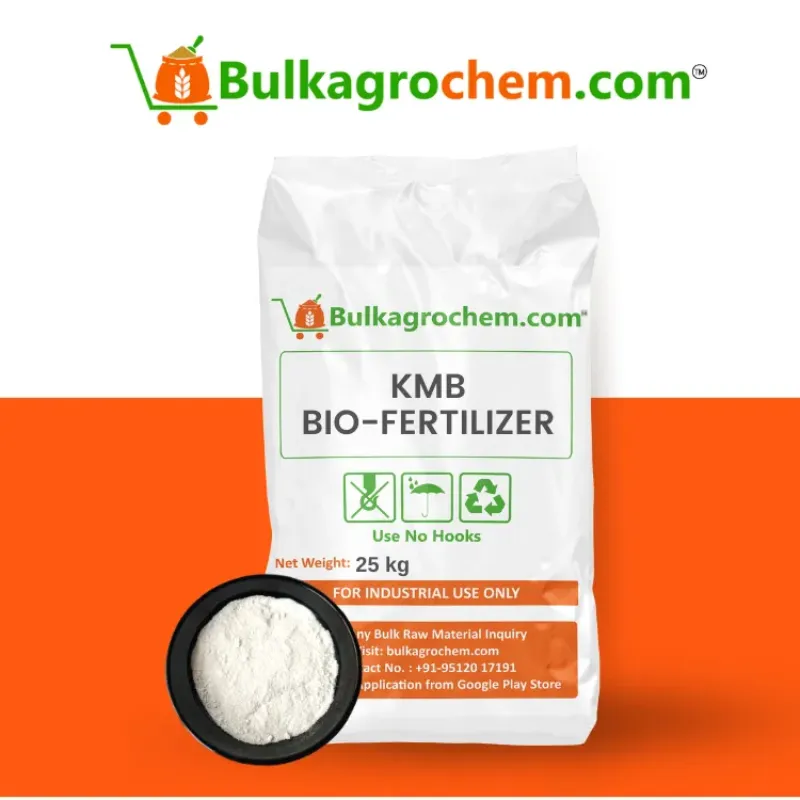Magnesium sulphate, colloquially referred to as Epsom salt, is not only a wellbeing fave—it's also a new favourite among farmers and gardeners. This organic mineral compound, made up of magnesium, sulphur, and oxygen, is in vogue for its potential to increase the fertility of soil, promote crop growth, and aid sustainable agriculture. Affordable and easy to use, magnesium sulphate is proving to be a game-changer in the field. In this blog, we’ll explore 10 key benefits of magnesium sulphate in agriculture, explaining why it’s gaining popularity and how it can transform your farm—all in simple, clear language.
What is Magnesium Sulphate?
Magnesium sulphate is a naturally occurring salt, often mined as Epsom salt, named after the English town where it was first discovered. In agriculture, magnesium sulphate is valued for its high magnesium and sulphur content—two nutrients essential for plant health. As farmers seek eco-friendly ways to improve yields and soil quality, magnesium sulphate is trending as a go-to solution. Let’s dive into why it’s becoming a staple on farms everywhere.Magnesium Sulphate for Soil Condition
1. Fixes Magnesium Deficiency
Magnesium is an essential nutrient for plants, fueling photosynthesis by making up the heart of chlorophyll. When soils are deficient in magnesium, tomatoes, peppers, and potatoes become yellow and fail to thrive. Magnesium sulphate provides a rapid solution. Mix one tablespoon of magnesium sulphate per gallon of water and spray it on leaves or use it as a soil spray. This increases magnesium levels quickly, maintaining your crops green and healthy.2. Enhances Nutrient Uptake
Plants do not only require magnesium—they require a balanced nutrient diet. Magnesium sulphate increases roots' ability to absorb key nutrients such as nitrogen and phosphorus. Spread some magnesium sulphate around plant bases (approximately one pound per 100 square feet) and water. This small measure ensures overall soil fertility, making magnesium sulphate a popular selection for nutrient regulation.3. Regulates Soil pH
Acid soils can tie up nutrients, hindering the growth of crops. Magnesium sulphate is a weak buffer that lifts pH slightly to provide a friendlier environment for plants. Incorporate magnesium sulphate in acid soils—begin with one cup per 10 square feet—and check the pH after a few weeks. It's an organic means of improving soil conditions without the use of harsh chemicals.Magnesium Sulphate for Crop Health
1. Improves Seed Germination
Starting seeds off on the right foot is the secret to a bountiful harvest. Magnesium sulphate helps ensure germination by facilitating energy production in seedlings. Soak seeds such as beans or peas for 4-6 hours in a solution of one teaspoon of magnesium sulphate per gallon of water prior to planting. This makes seed coats more pliable and accelerates sprouting, putting crops ahead of the game.2. Improves Fruit and Flower Quality
Desire larger, brighter blooms or juicier fruits? Magnesium sulphate is the answer. It promotes the synthesis of chlorophyll, causing healthier plants to yield more. For roses, citrus, or berries, spray with a foliar solution of magnesium sulphate (one tablespoon per gallon of water) every two weeks when plants are growing. Farmers swear by magnesium sulphate because it has visible effects.3. Combats Transplant Shock
Transplanting seedlings or new plants stresses them out, making them grow slowly. Magnesium sulphate relaxes this move by promoting root growth and energy metabolism. Soak transplants in a half-strength solution of magnesium sulphate (a teaspoon per gallon) immediately upon planting. This popular hack ensures crops acclimatize faster and become robust.Magnesium Sulphate for Sustainable Farming
1. Natural Pest Deterrent
Certain pests such as snails and slugs detest magnesium sulphate. Its desiccating action irritates their delicate bodies, thus deterring them from crops. Sprinkle magnesium sulphate sparingly around the base of plants or in garden borders—one tablespoon per square foot. It's an organic pest control measure that is increasingly becoming popular with organic farmers working with magnesium sulphate.2. Facilitates Compost Decomposition
Compost is gold for farmers, and magnesium sulphate accelerates the process. It releases sulphur, a nutrient that microbes require in order to decompose organic matter. Add a handful of magnesium sulphate (half a cup per cubic yard) to your compost pile each month and turn it thoroughly. This produces richer, quicker compost to feed your fields.3. Prevents Leaf Yellowing
Yellowing leaves (chlorosis) indicate problems, usually from magnesium deficiency. Magnesium sulphate corrects this by bringing magnesium directly to plants. Spray a magnesium sulphate solution (two tablespoons per gallon water) onto troubled leaves, and see them green up in days. It's a fast solution that's popular for its dependability.4. Eco-Friendly Fertilizer Boost
Unlike artificial fertilizers, magnesium sulphate is a natural mineral that will not hurt soil or waterways. Incorporate it into your fertilizer practice—one pound for 100 square feet every few months—to nourish crops without the environmental conscience. Magnesium sulphate's eco-friendliness is a significant reason why it's becoming popular in contemporary agriculture.Why Magnesium Sulphate is Trending in Agriculture
Magnesium sulphate is catching on because it's a low-cost, practical solution to everyday farming problems. It addresses deficiencies, promotes plant health, and aligns with the movement toward greener practices. Farmers appreciate that magnesium sulphate is mined, not synthesized, in line with the trend toward natural inputs. And with its application range—from soil conditioning to pest management—it's a multi-tasker every farm should have.How to Use Magnesium Sulphate Safely in Agriculture
Magnesium sulphate is strong, but use it in moderation:
- Test soil first: Excessive use of magnesium sulphate can create too much magnesium in the soil—test your soil first.
- Dilute correctly: Use recommended proportions to prevent scorching plants.
- Store it dry: Store magnesium sulphate in an airtight container to preserve its effectiveness.
Why Magnesium Sulphate Is Important in Agriculture
In modern agriculture, with its focus on soil health and sustainability, magnesium sulphate stands out. It fills in nutrient deficiencies, shields crops, and minimizes the need for man-made chemicals while being gentle on the planet. Whether cultivating vegetables, flowers, or grains, magnesium sulphate provides nature's own kick that's hard to match.Magnesium sulphate, or Epsom salt, is popular in agriculture for a reason—it's an easy, efficient means of enhancing soil and crop health. These 10 advantages illustrate how magnesium sulphate can take your farming to the next level, from healthier leaves to increased yields. Ready to order in bulk? Visit Bulkagrochem.com, a reliable agrochemical producer with high-quality magnesium sulphate available in bulk. Ideal for small farms or big farms, Bulkagrochem.com provides you with the finest magnesium sulphate to maintain your crops in top condition. Order yours today and be part of the agricultural Epsom salt revolution!
FAQ's





